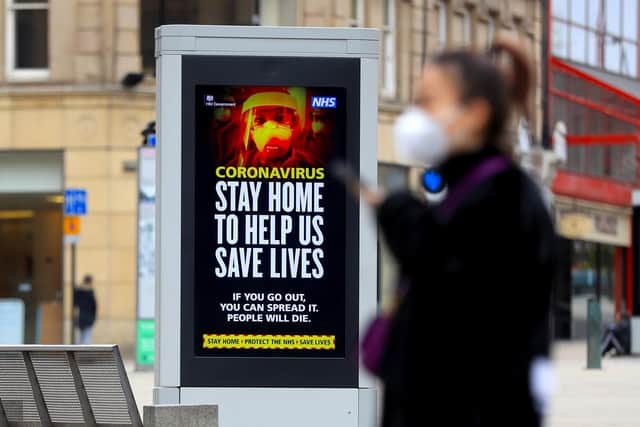Is lockdown still working in Sheffield? Health boss explains why infection figures have spiked
and live on Freeview channel 276
There were 131 cases per 100,000 people the city in the seven days to February 20, up from 99 when compared with the previous week despite ongoing lockdown restrictions.
The average area in England had 104.
On that rise, Louise Brewins, head of public health performance and intelligence at Sheffield City Council, said: “It’s a constantly moving target because case rates are re-calculated every day as more batches of test results arrive, meaning that the results are not static.


Advertisement
Hide AdAdvertisement
Hide Ad“During this period testing picked up a bit after the bad weather and that has bumped up the rates. Any outbreaks that we see can lead to a sudden and short-lived increase in the rate. These outbreaks are hard to predict. We did expect to see rates even out which is what we are seeing.”
A health expert previously said the type of jobs many people have in Sheffield has also contributed to its relatively high infection rate.
Last month, Sheffield’s director of public health Greg Fell told a House of Commons select committee the virus is mainly spread through different households mixing. That has been against the Government’s guidelines, with the exception of Christmas Day and support bubbles, since October in Sheffield.
He said: "I have two concerns about compliance. One is people’s financial ability to comply [...] the second one is household-to-household mixing.
“Hospitality does not crop up as a terribly big factor on our risk radar. When we look at the common exposures dataset, hospitality is not a huge risk.”